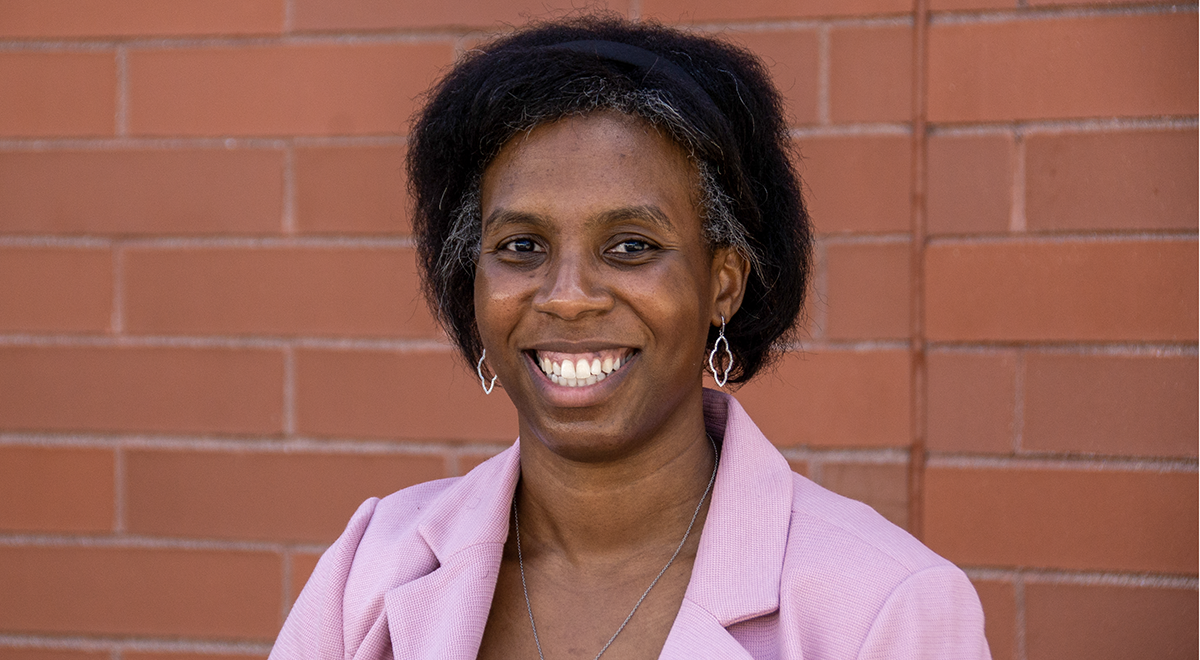Grant to Fund Study on School Decision Making Processes

Assistant Professor of Education Studies Alisha Butler will launch a new study exploring the ways that families and young people can (and don’t) influence school and citywide education-related decision-making processes.
“How is it that non-system policy actors are attempting to include the decisions that affect what happens day-to-day in school?” Butler said.
Butler’s study, a collaborative effort with Kristin Sinclair, Assistant Teaching Professor of Education Advocacy and Policy in the Education Transformation Program at Georgetown University, is funded through a Spencer Foundation Small Grant, a program that supports “rigorous, intellectually ambitious and technically sound research that is relevant to the most pressing questions and compelling opportunities in education,” according to the foundation’s website.
Using Washington, D.C. as a case, the study investigates how education stakeholders, specifically non-system policy actors such as youth and caregivers can influence education policy. “We integrate theories of power and influence over education policy with critical theoretical frameworks to generate theoretical insights and analytic generalizations about the potential for democratic engagement in public education and its relationship to political power writ large,” according to the grant application.
The project will be done in two stages, beginning with data collection and surveying youth and families in Washington’s public schools to get a sense of their perceptions as to how decisions are made. The research team will interview members of District of Columbia State Board of Education and local politicians in the second phase of the study. The team expects to finish the work by the end of 2024.
Butler is interested in the overlapping ecologies of schools and neighborhoods, and how the context in which students are educated affects everything that happens in the school site.
“As part of that work, I am interested in questions about family engagement in education and how we can expand what counts as family engagement,” Butler said. “I also want to think about how we can disrupt barriers for families who are often shut out of schools because they want to engage in ways that are perceived to not be valuable to the school.”
Schools will expect families to volunteer or raise money at bake sales, but often will offer little opportunity for engagement outside of that context, Butler said. While democratic engagement in education decision-making has the potential to foster racial equity and contribute to broader civic engagement in political structures, existing policy efforts to nurture such engagement have fallen short, Butler and Sinclair write in their application.
“(School leaders) want people to support schools, but they want them to support the dominant agenda,” Butler said. “We don’t want them to do things that might challenge or disrupt systems of power in schools. We are thinking about those who are excluded or marginalized in the system, particularly families and youth of color.”
There is a need to balance perspectives and come up with strategies that will increase participation in governance decisions, Butler said.
“How do we construct a system that is going to work for communities with all the stakeholders in the system? I think by having more democratic participation at the local level you can say what a community might need and want,” Butler said. “I want to think about how we can develop this as opposed to having these very top-down reforms that might not aligned with what a community wants.”

